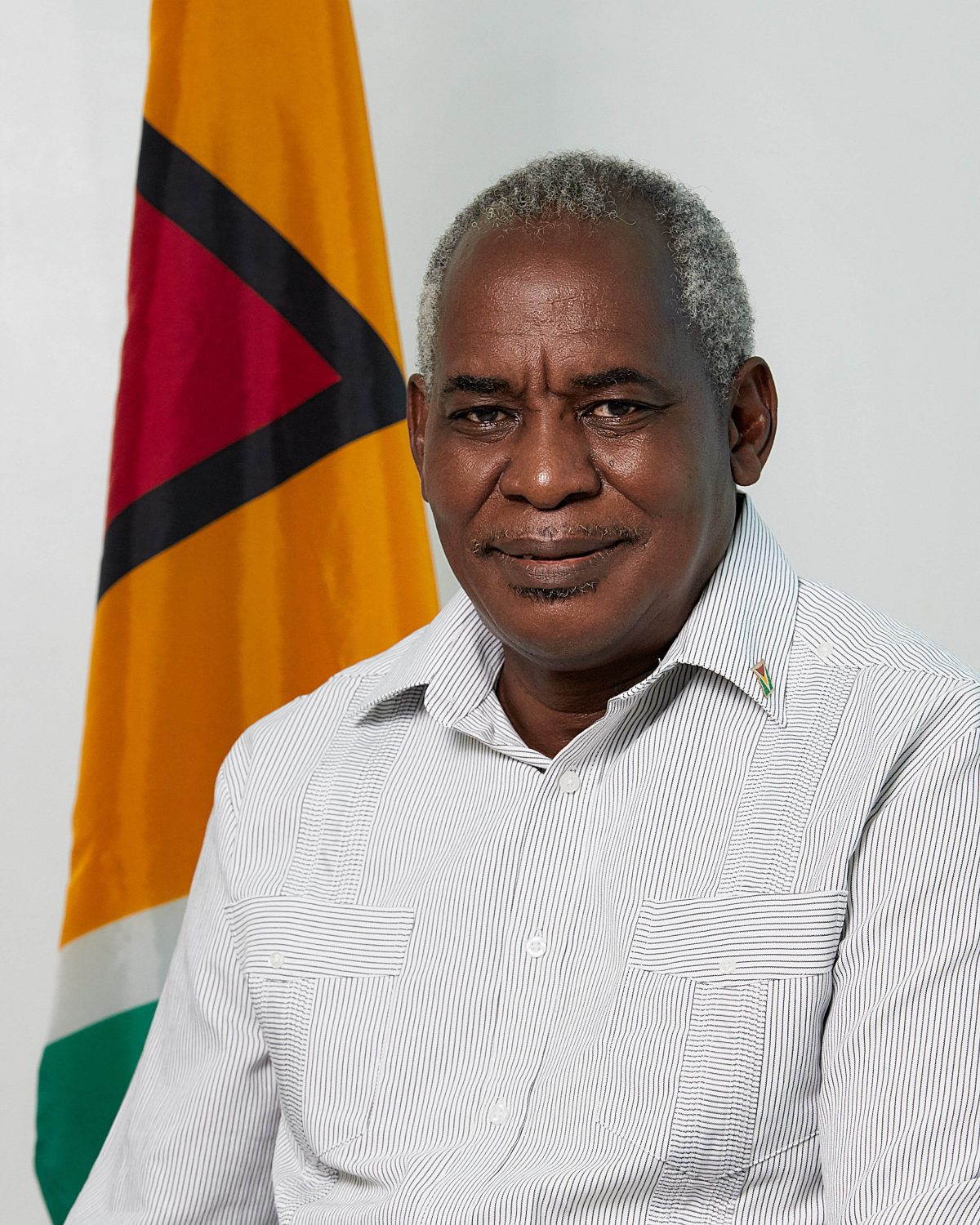-cameras will capture images of defaulters
The Motor Vehicles and Road Traffic Amendment Bill 2024 which seeks to address deep concerns over road traffic accidents and deaths in the country was passed in Parliament late Monday night.
According to Home Affairs Minister Robeson Benn, who presented the bill, the number of vehicles on the road has increased significantly, with a 120% increase in lorries, 300% increase in minibuses, and a doubling of pickup trucks and tractors between 2020 and 2023. This has led to a surge in road accidents and deaths, with 139 deaths recorded in 2020, 99 in 2021 and 2022, and 175 in 2023.
The bill proposes the introduction of an intelligent electronic rule interface system, which will capture photographic images and videos of vehicles and persons on the road, as well as radar systems to detect speeding vehicles. The data captured will be stored in a database and can be used as evidence to charge or prosecute offenders.

Benn noted that the bill also introduced the option for motorists to pay a fine instead of going to court for minor offences related to speeding and seatbelts. This will be done through an electronic notice sent to the registered owner of the vehicle, who can then pay the fine online or at a magistrate’s court.
Additionally, the bill proposes that the police force have access to the database and can use it to track down offenders. The registered owner of the vehicle will be responsible for ensuring payment of penalties, and can recover any amount paid from the person who was driving the vehicle at the time of the offence.
The Minister acknowledged that speeding is a major issue on Guyana’s roads, accounting for 75% of accidents, and that impaired driving, including driving under the influence of alcohol or drugs, also poses a significant problem. He stressed the government’s commitment to reducing road accidents and deaths by 50% by 2030.
Following Benn’s presentation, APNU+AFC Member of Parliament (MP) Amanza Walton-Desir delivered a passionate speech where she expressed her conditional support for the bill. She acknowledged the pressing issue of road safety in Guyana and the need for the government and opposition to work together to transform roads into safe passages.
However, Walton-Desir emphasised that the bill’s success hinges on striking a balance between leveraging technology to detect and prevent crime, and protecting individual rights, and ensuring equitable application. She highlighted the importance of data privacy, citing examples from other jurisdictions that have successfully implemented similar technologies.
The MP questioned how Guyana intends to ensure that personal data is protected and secure, particularly when collecting and processing large amounts of information. She also spoke of the need for a robust public education programme to inform citizens about the new measures and how they will be implemented.
She further raised concerns about the lack of answers from the government regarding data security, data minimization, anonymization, and encryption. She pointed out that Guyana needs to have robust data protection and transmission regimes in place to ensure that sensitive information is not compromised.
Walton-Desir also highlighted the importance of having a plan for regularly conducting privacy impact assessments, as well as a system for sending tickets with photographs to cell phones and emails without exposing sensitive information. She warned that if the government fails to provide answers to these questions, it may lead to a loss of public trust and confidence in the enforcement systems.
The opposition MP also commended the government’s plan to use body cameras for traffic police but emphasised that addressing issues like civilian vehicles fitted with emergency lights and unreliable public transportation systems is also crucial for improving road safety.
Walton-Desir urged the government to prioritise fixing these issues and ensuring that any legislation passed is comprehensive, well-thought-out, and robust, with a strong emphasis on public education.
Several other APNU+AFC MPs also spoke during the debate, including Annette Ferguson, who expressed concern about the lack of provisions for deceased vehicle owners and raised questions about how police would access information from the database. Devon Sears suggested installing intelligent camera systems to monitor and prevent speeding, citing successful implementations in other countries. Cathy Hughes spoke in favour of the bill, expressing her support for its goal of improving road safety through the implementation of a road intelligence camera enforcement system.
After Attorney General Anil Nandlall addressed concerns raised by MPs and Minister Benn rebutted, the bill was read a third time, signalling its passage in the National Assembly.





